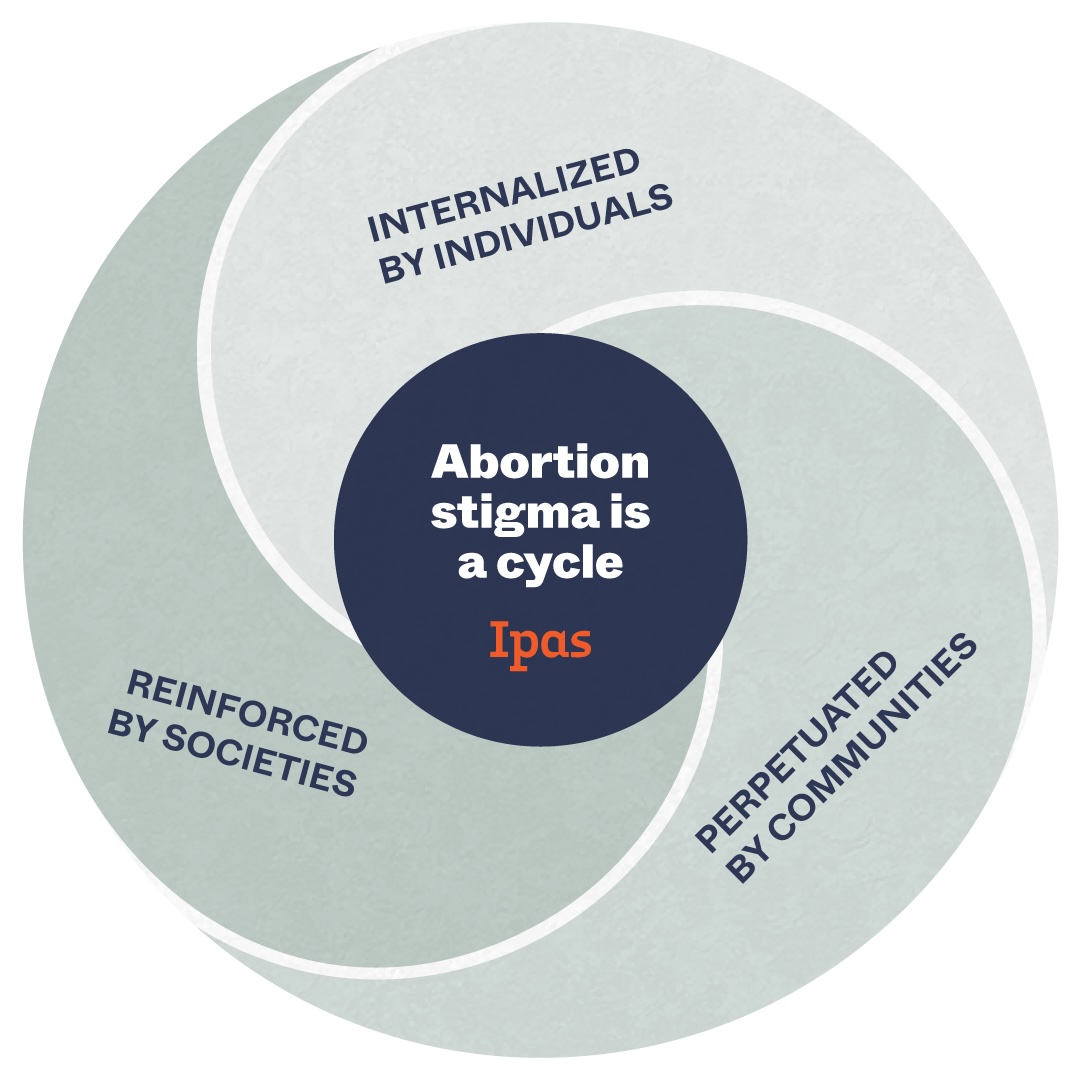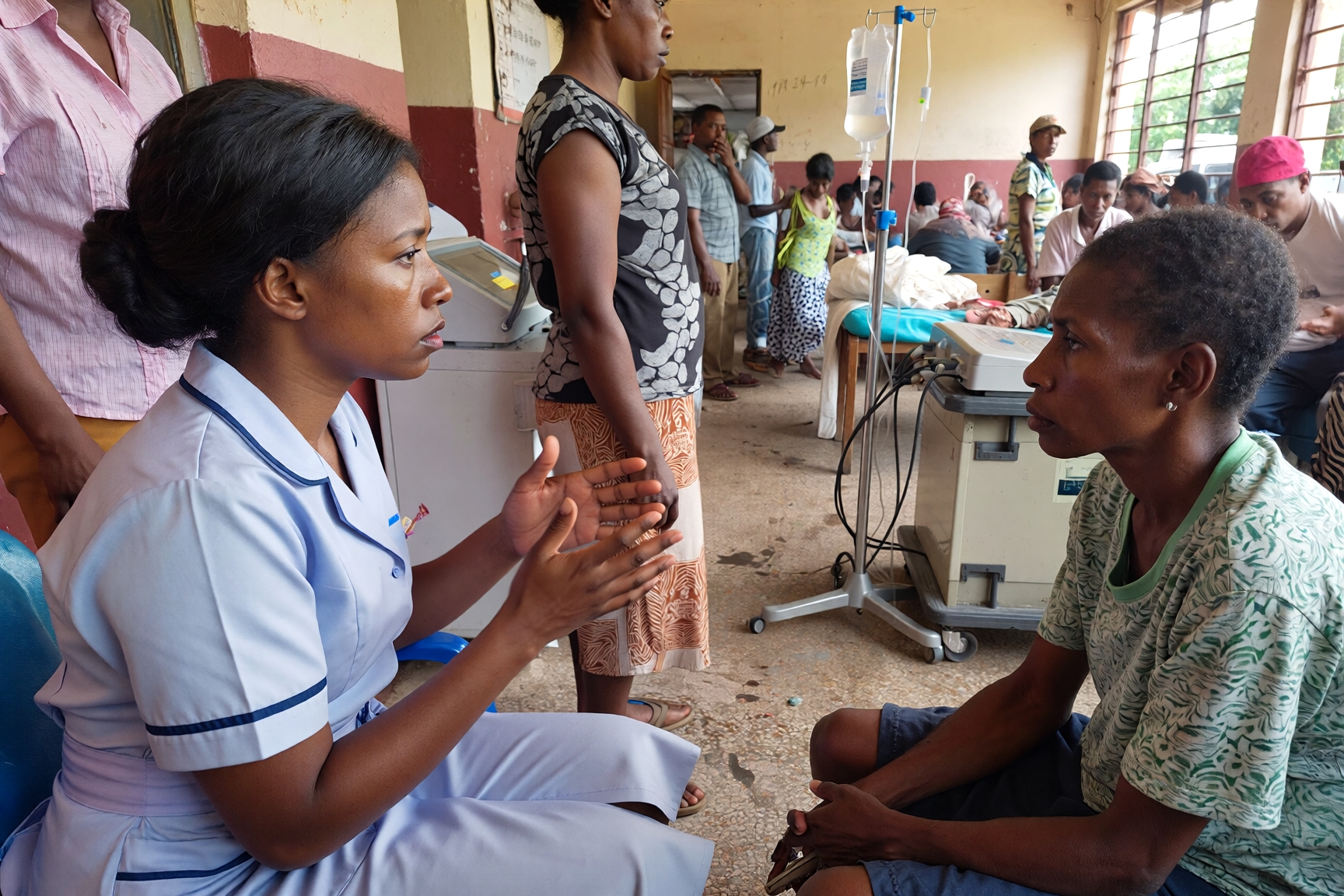The West African Institute of Public Health (WAIPH) has called for the integration of technology in tackling the growing burden of non-communicable diseases (NCDs) such as hypertension and diabetes in Nigeria.
Speaking at the 10th anniversary of the institute and the induction ceremony of the Academy of Public Health, supported by the Lisedel Legislative Institute in Abuja, the Director General of WAIPH, Dr Francis Ohanyido, said deteriorating economic conditions have contributed to rising cases of hypertension, diabetes, and other NCDs among Nigerians.
Ohanyido stressed the need to strengthen public health systems, build professional capacity, and create supportive environments that promote better health outcomes across the continent.
He noted that lifestyle-related factors were driving the surge in cases, with younger people increasingly experiencing conditions like stroke and hypertension.
“This is a rising problem as younger people are getting afflicted by stroke, and it is more preponderant because of lifestyle. People don’t exercise the way they should. If you check the blood pressure of people on the street, you will find that many fall into windows of hypertensive disorders,” he said.
The WAIPH DG added that technology could play a transformative role, particularly in health promotion, disease management, and patient support.
“Technology also plays a role in how we’re able to put out health promotional information so that people understand their conditions and how they’re being managed, even if it’s just a reminder to take their drugs,” he said.
Delivering a keynote address titled “The Silent Epidemic: How NCDs are Threatening Africa’s Development,” the World Health Organisation (WHO) Regional Director for Africa, Prof. Mohamed Janabi, warned that NCDs are advancing rapidly and are projected to overtake communicable, maternal, neonatal, and nutrition-related diseases by 2030.
Janabi described NCDs as one of the most pressing public health challenges in Africa, with deaths rising steadily and already placing immense strain on health systems.
According to him, NCDs accounted for 35.4 per cent of all deaths in Africa in 2021, up from 21 per cent in 2000, with cardiovascular diseases, cancers, diabetes, respiratory diseases, and mental health conditions driving the trend.
“This is a silent epidemic affecting individuals, families, economies, and health systems across Africa, yet the story of NCDs often remains hidden in clinic records, household finances, and preventable premature deaths,” he said.
The WHO regional chief noted that productivity losses linked to NCDs now exceed $1 trillion yearly, posing a huge burden on governments, households, and the private sector, and slowing progress toward sustainable development.
He lamented that yearly health expenditure on NCDs in Africa remains under $30 billion, with less than half coming from domestic sources, leaving countries vulnerable to fluctuating external funding and unable to sustain long-term interventions.
Janabi called for increased domestic investment, stressing that every $1 spent on NCD prevention yields $7 in benefits through reduced medical costs and higher productivity.
Also speaking, the Country Director of Nutrition International and newly inducted fellow of the African Academy of Public Health, Dr Osita Okonkwo, identified nutrition as a major factor driving NCDs. He noted that Nigeria and other African countries are witnessing rising cases fuelled by multiple factors, including poor diets.
Okonkwo urged the government at all levels to invest more in providing adequate nutrition for pregnant women and children, warning that early-life nutritional deficiencies significantly increase the risk of NCDs later in life.






